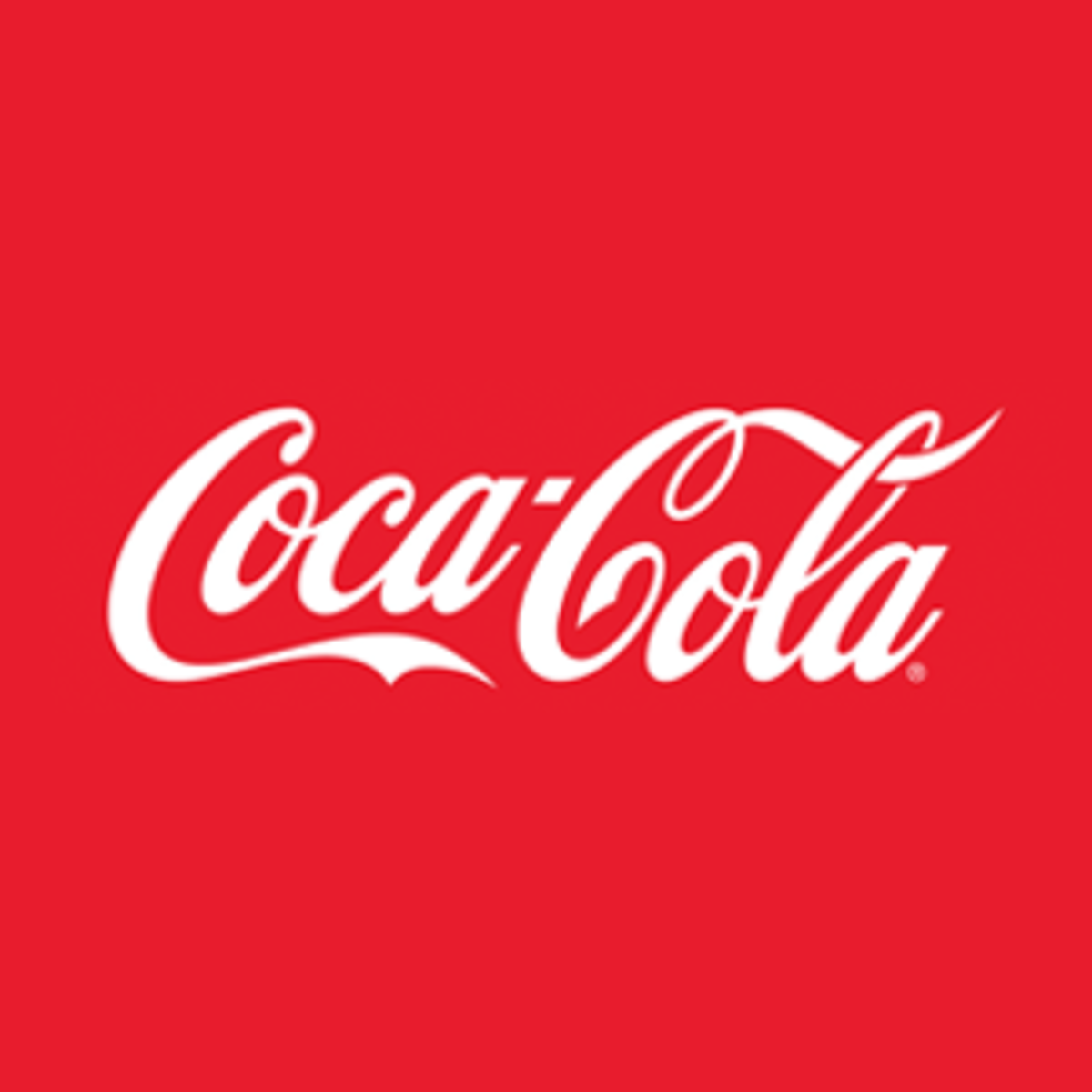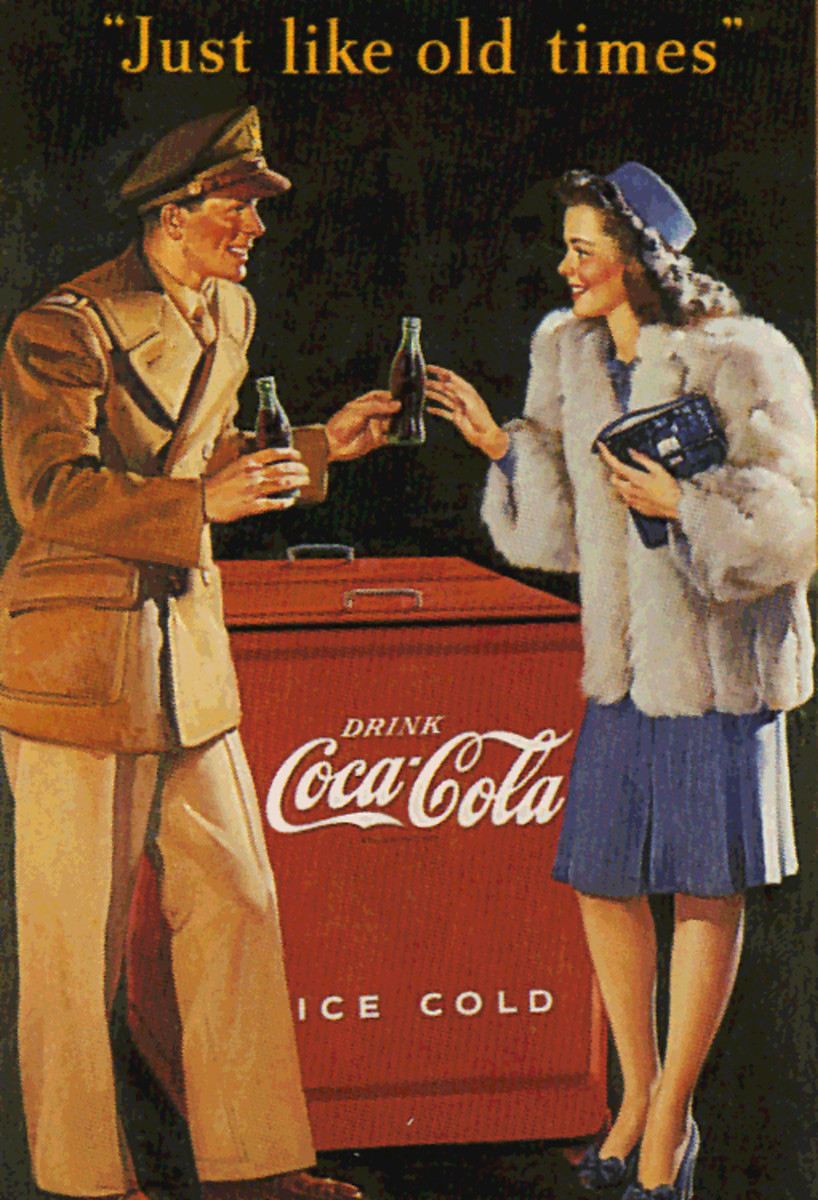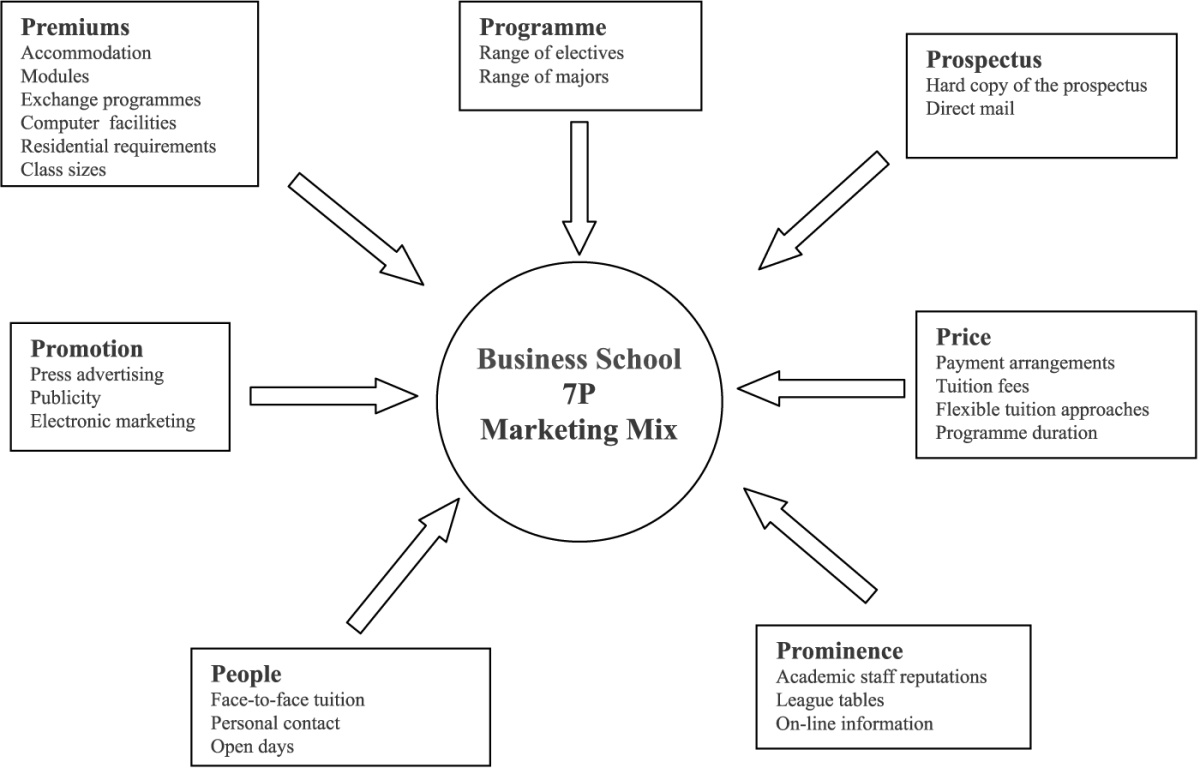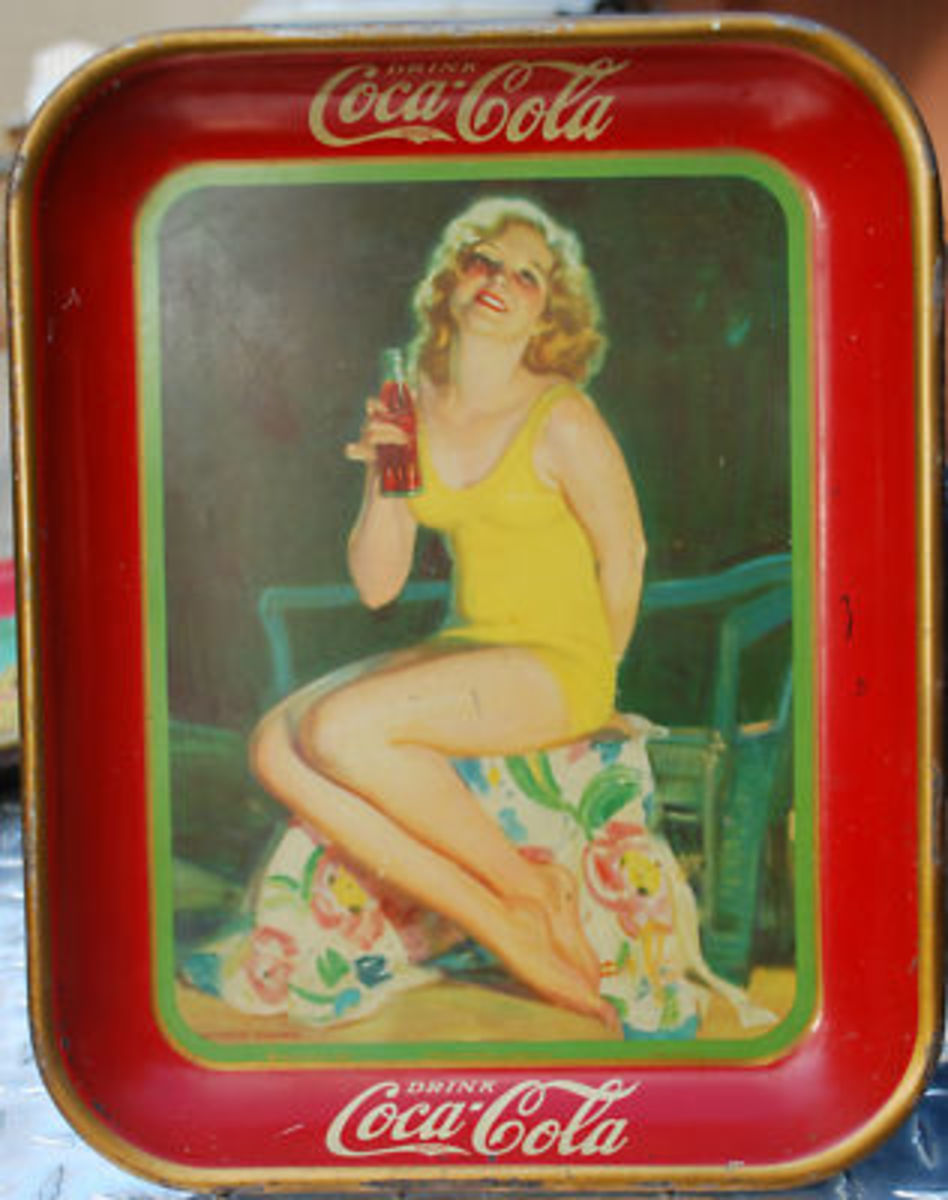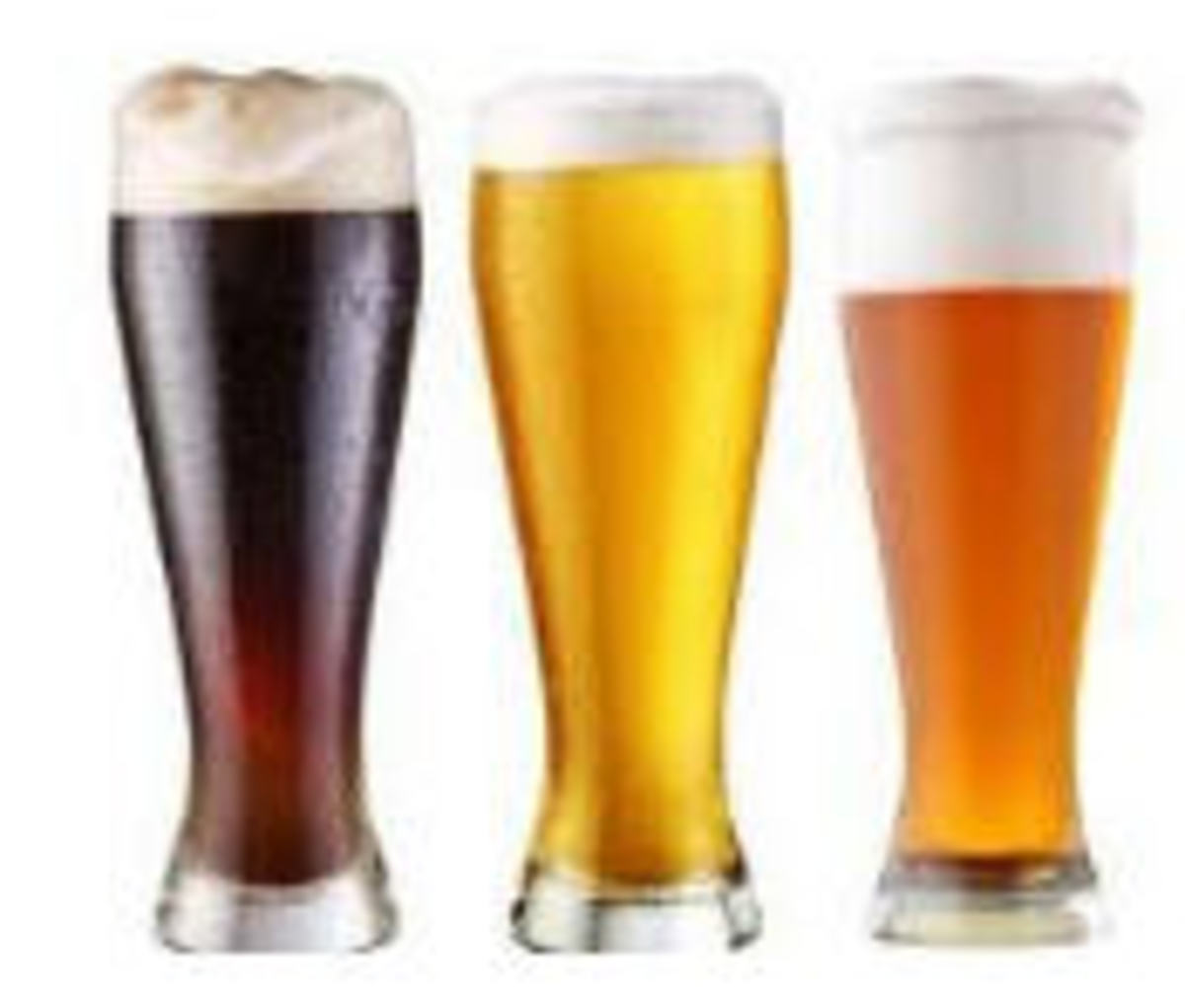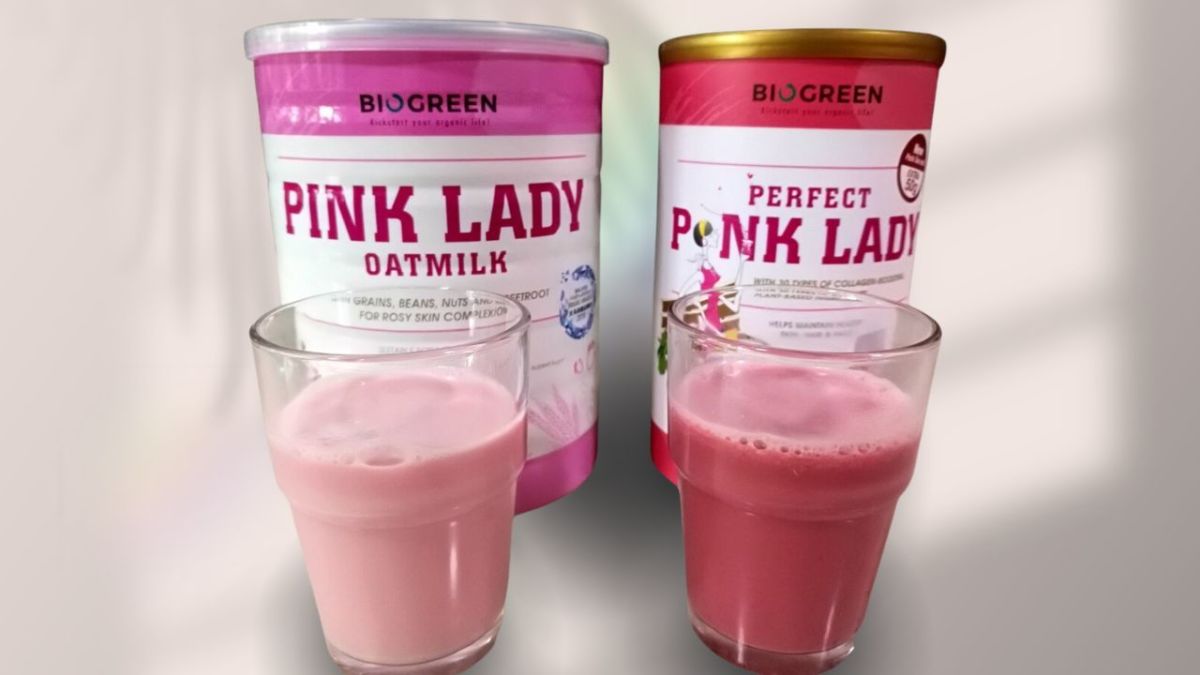Did COCA COLA Ever Really Have COCAINE?
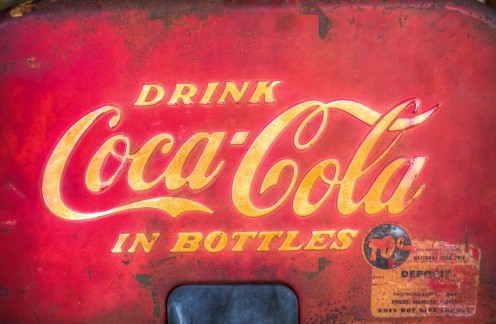
Coke & Cocaine
Preface: This article is being written by the author for 2 reasons. First, Coca Cola actually has a "medicinal" history; it was created as more of a "treatment" than a "treat." Second, the history of Coca Cola - and its touted benefits - contain several sobering applications to us today, particularly for those within the medical community. I address this at the end. However, if you have come here merely for the story of Coke and Cocaine, I do hope you enjoy it as well.
Our modern Can of Coke (or bottle if you prefer) is the cool and refreshing grandchild of the late 19th century medicinal beverage known as "coca wine." So, if we want to know about the origins of Coca Cola...and if it ever contained cocaine...we are going to have to dig back into its pharmaceutical ancestry and learn about this interesting concoction known as "coca wine."
The story begins with a pharmacist (as all interesting stories do) by the name of John Pemberton (July 8, 1831 - August 16, 1888). John was wounded while serving as a Civil War soldier in 1865. He was given morphine to help treat the pain, and John (like thousands of other soldiers) became quite fond (possibly addicted) to this substance. He began to look for alternatives and experimented with a recently (1863) created beverage by the name of "coca wine."
Coca wine was the invention of (or at least made popular by) a chemist named Angelo Mariani in 1863. He combined Bordeaux wine with Coca leaves (which contain the alkaloid cocaine). He named his beverage "Vin Mariani" (meaning, in French, "Mariani's wine"). Early advertisements for this special beverage said things like "Fortifies and Refreshes Body and Brain. Restores Health and Vitality."
John Pemberton decided to create his own version of this popular panacea. Building on Mariani's recipe, he also added kola nut (a source of caffeine) and damiana (Latin: Turnera diffusa, used in teas and reportedly effective as a relaxant and possibly a libido enhancer). This recipe seemed to do the trick, and in 1865 he began to market it as "Pemberton's French Wine Coca." It was a hit. And he knew how to market his discovery too. The label would say things such as "Good for nerve trouble, mental exhaustion, stomach ache, headache, constipation and impotence."
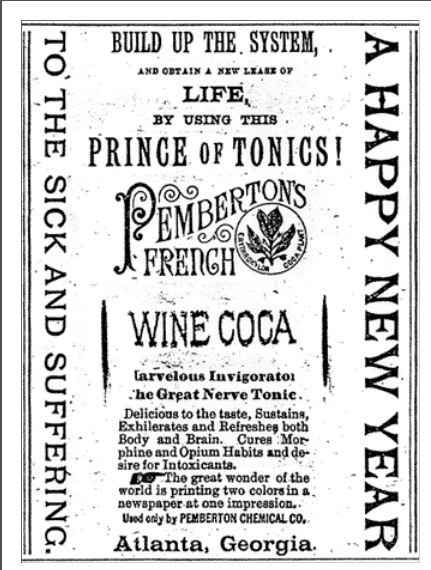
Disclaimer
Note: This article is simply about the historical association between the beverage "Coca Cola" and the substance commonly referred to as "cocaine." The author, by writing on this subject, is not advocating the use of either product.
From "Wine Coca" to "Coca Cola"
Okay, so now we know a little about the ancient ancestry of Coca Cola.
But why and how did Pemberton's Wine Cola suddenly become our modern soda pop known as Coke?
The answer to these questions is "Prohibition." Yes, in 1886 Prohibition legislation was passed in Atlanta, which made the alcoholic version of Pemberton's Wine Cola illegal. Not to be thwarted, he developed a non-alcoholic version of his product which was introduced to the public at a soda fountain within Jacob's Pharmacy in Atlanta, Georgia on May 8, 1886. The beverage sold for 5 cents per glass. And thus Coca Cola was born.
The name "coca cola" was apparently recommended to John Pemberton by Frank Robinson, his bookkeeper. The name clearly flows from a couple of the key ingredients:
"Coca" - the coca plant leaves used in the formula
"Cola" - from the Kola Nut also used in the formula
Thus: Coca Cola!
But did this new version of Pemberton's Wine Cola, now called Coca Cola, actually contain Cocaine? Well, yes, it apparently did. At least until 1903 when pressure for the FDA forced the manufacturer to begin using "processed" coca leaves in which the cocaine content has been essentially removed. The Coca leaves are imported from Peru (the plant is native to South America) and then locally processed to remove to cocaine. The processed coca leaves are referred to as "spent." According to many resources, the Coca cola company still uses these "spent" cola leaves in the manufacturing of their product today. Just how much cocaine was actually in those early "soda fountain" versions of Coca Cola is now entirely impossible to say, though it was likely little more than a trace amount.
"A Valuable Brain Tonic...."
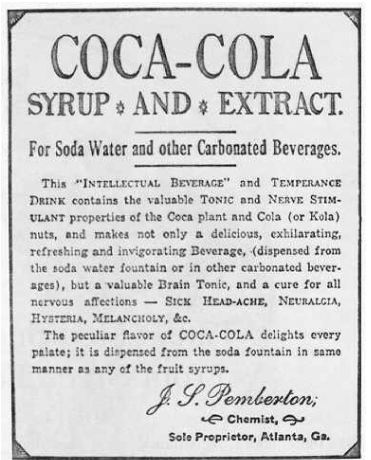
Coca Cola Advertising - A Pharmacist's Reflection
"That which has been, is what shall be, that which is done is what will be done, and there is nothing new under the sun." Ecclesiastes 1:9 (NKJV)
There's a lesson here, if you are willing to hear it.
Pemberton thought highly of the curative powers of Coca Cola. From the advertisement above and to the right you can see how it was promoted. Here is the text more clearly:
"This 'Intellectual Beverage' and Temperance Drink contains the valuable Tonic and Nerve Stimulant properties of the Coca plant and Cola (or Kola) nuts, and makes not only a delicious, exhilarating, refreshing and invigorating Beverage, (dispensed from the soda water fountain or in other carbonated beverages), but a valuable Brain Tonic, and a cure for all nervous affections - Sick Head-Ache, Neuralgia, Hysteria, Melancholy, &c."
To put it bluntly: Pemberton promoted his cola as a virtual catholicon, a cure-all for every ailment, the remedy for any illness or disease. Let's give him the benefit of the doubt. He might have truly believed this.
But what was he selling? Think about it: Caffeine, Cocaine and Carbonated sugar water!!
Application: Things haven't changed a lot in 125 years. There are plenty of "remedies" being touted today in BOTH traditional and alternative medicine that make GREAT claims and have LOUD supporters. Patients and providers need to be cautious with our optimism, particularly with new therapies, drugs or treatments. Yes, there are some really good treatments available today for conditions we could not treat years ago. But there are also plenty of treatments that merit a more cautious embrace.
Remember, some of what "works" today will probably be banned or withdrawn from the market in a few short years. Today's "CURE" could be tomorrow's "caffeine, carbonation and cocaine."
Thanks for reading.
© Jason Poquette R.Ph.


